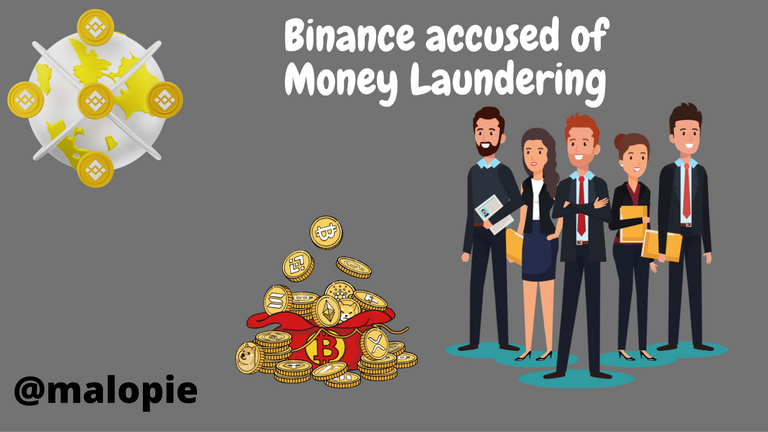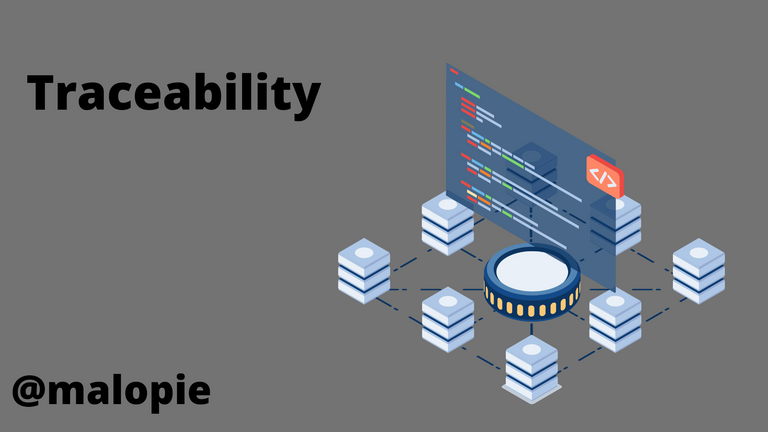The Myth and The Other Things...

There comes out of thin air, quite a lot of crap talks that makes you just wanna ask: do people do their homeworks?
We get it that math isn't much of everyone's favourite subject, there's obviously a line drawn there, but it isn't much of a job to do when it comes to addition and subtraction of value, maybe add a lil bit of division and multiplication, this is basic math, and more than half of math haters could still handle this side of it.
It's difficult not to get a ton of arrows falling through as a big player in the space, not to side anybody in this, because I'd say I am not much of a fan of centralized exchanges, but that doesn't mean I can't spot ill accusations like this
How Much Is Too Much?
This question pops into my head each and every time there's an argument raised concerning crypto scams or money laundering in general. In the crypto space, reputation is a big deal, Luna foundation should have learnt that lessons by now, but when people put a price that doesn't even measure up to the reputation score of a company, I can't help but find it amusing.
Binance is allegedly accused of being a conduit for the laundering of at least $2.35 billion in illicit funds. Maybe this is all about being the most used medium, but the looks and feels of the article disagrees, so I'm gonna go with the guess that they are implying that binance aids this activities.
There are literally many things to accuse these exchanges for, which I'd vote for market manipulations each and every time, but laundering? Come on, Binance makes 6 figures(possibly more) daily, from fees alone, and comfortably bag 9 figures on a monthly basis, why should $2.35 billion over 5 years matter? That clearly doesn't add up. Maybe a few loose ends, but I'd say there's anything bigger than that.

Understanding How The Blockchain Works
According to UN estimates about 2% - 5% of annual fiat transactions, which is about $800 million to $2 trillion, is associated with money laundering. This is an incredibly high amount, compared to data provided by chainalysis which states that transactions associated with illicit addresses accounted to just 0.15% of over $15.8 trillion in 2021, this was a roaring 567% growth according to chainalysis, but regardless of the adoption rates, the crime rates has rather fallen low.
This is where the power of blockchain comes in. Crypto has faced a series of attacks as the industry grew in mass adoption, but this has accounted for a minor piece of the wealth that flows through it. The blockchain is a power tool, it's anti-friendly when it comes to shadowing transactions, compared to the traditional banking system.
The debates on the topic are getting old as the given data disagrees with the claims. How many South Africans know when $800 million in fiat is moved from one account to another in the United States? I don't think any, but try moving bitcoin worth that much, and find your activities picked up by different systems.
This is the beauty of the blockchain. Many of the flaws of the traditional banking system are solved by crypto, but it's going to be difficult for people who benefit from that system to say the truth, so until then, people will keep assuming this and that happened. It's sad that I had to read through all this but find no links to stated reports or even links to addresses in mention, just a bunch of stories leaving out the most important piece of any blockchain story: an address or TXID, :(
Posted Using LeoFinance Beta
Congratulations @malopie! You received a personal badge!
You can view your badges on your board and compare yourself to others in the Ranking
Check out the last post from @hivebuzz: